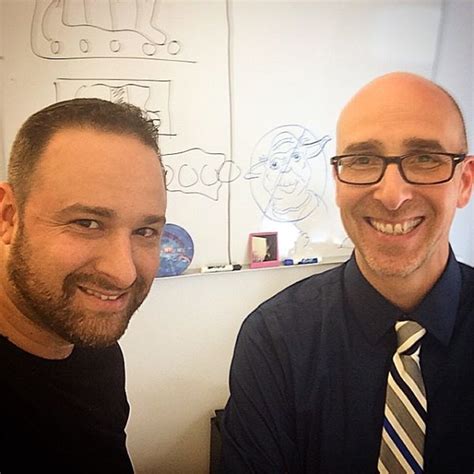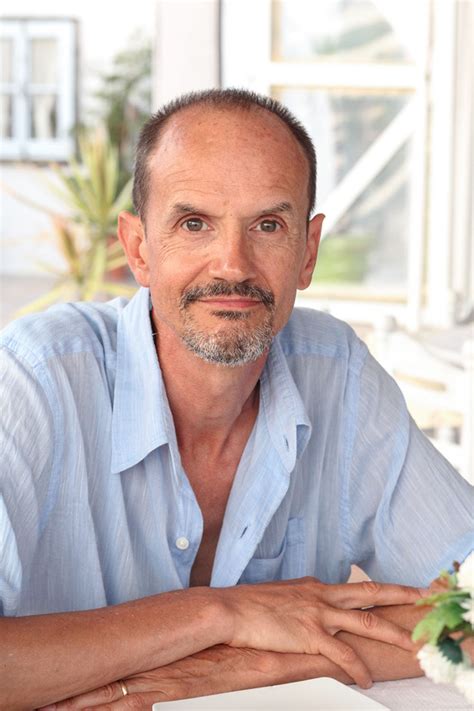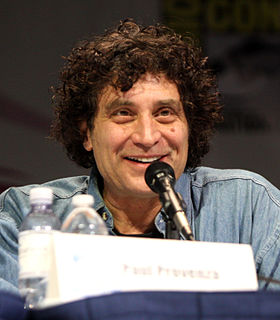A Quote by Rebecca Goldstein
For the ancient Greeks, who lacked our social media, the only way to achieve mass duplication of the details of one's life in the apprehension of others was to do something wondrously worth the telling. Our wondrous technologies might just save us all the personal bother. Kleos is a tweak away.
Related Quotes
We're being asked to continually be "authentic" and "honest" with the world through social media. There's a demand to post our wedding pictures, baby pictures (only minutes after the birth), our relationship status, and our grief and joys on Facebook and Instagram. Similarly, we construct persona through dating apps and networking sites. All of these social media networks exert pressure on us to share the personal details of our lives with unknown masses. So the pressure on the characters in "Openness" isn't merely romantic, but public/social as well.
If it's just me on stage telling stories for, like, an hour, that's great. That's fine. But like a sandcastle on the beach, it gets washed away at night. It's so much more powerful if we can all share our narratives and doorstep moments and make us feel a little less alone. I'm just trying to use social media and new media as a way to capture that.
Human beings are not intrinsically selfish, which isolates us from others. We are essentially social animals who depend on others to meet our needs. We achieve happiness, prosperity and progress through social interaction. Therefore, having a kind and helpful attitude contributes to our own and others' happiness.
We fight our way through the massed and leveled collective safe taste of the Top 40, just looking for a little something we can call our own. But when we find it and jam the radio to hear it again it isn't just ours -- it is a link to thousands of others who are sharing it with us. As a matter of a single song this might mean very little; as culture, as a way of life, you can't beat it.
There's often a distressing disconnect between the good words we speak and the way we live our lives. In personal relations and politics, the mass media, the academy and organized religion, our good words tend to float away even as they leave our lips, ascending to an altitude where they neither reflect nor connect with the human condition. We long for words like love, truth, and justice to become flesh and dwell among us. But in our violent world, it's risky business to wrap our frail flesh around words like those, and we don't like the odds.
Although we may think we're masking our insecurities or portraying ourselves in the most favorable light, our behavior on social media reveals more than we might think. It's not just what we post on Facebook that reveals information about our personalities - it's also what we don't post that can be quite telling.
Literacy is part of everyday social practice - it mediates all aspects of everyday life. Literacy is always part of something else - we are always doing something with it. Its what we choose to do with it that is important. There are a range of contemporary literacies available to us - while print literacy was the first mass media, it is now one of the mass media.
It seems to me that all of us, in our own way, have our own personal lagos. We all have within us a voice that is whispering doubt, that is whispering suspicion, that's telling us there's something wrong, there's something missing, there's something that should be different. And we easily become hypnotized by that voice of doubt.
Everything in this life passes away — only God remains, only He is worth struggling towards. We have a choice: to follow the way of this world, of the society that surrounds us, and thereby find ourselves outside of God; or to choose the way of life, to choose God Who calls us and for Whom our heart is searching.
As Muslim women, we have been liberated from this silent bondage. We don’t need society’s standard of beauty or fashion, to define our worth. We don’t need to become just like men to be honored, and we don’t need to wait for a prince to save or complete us. Our worth, our honor, our salvation, and our completion lies not in the slave. But, in the Lord of the slave.
Experts in ancient Greek culture say that people back then didn't see their thoughts as belonging to them. When ancient Greeks had a thought, it occurred to them as a god or goddess giving an order. Apollo was telling them to be brave. Athena was telling them to fall in love. Now people hear a commercial for sour cream potato chips and rush out to buy, but now they call this free will. At least the ancient Greeks were being honest.






































